Your Facebook page is not a web presence
One of my biggest pet peeves in the post-social-media world in which we live is how lazy musicians can get about their web presence. I never thought I’d see a time when I longed for the ease of a MySpace music page (and yeah, I’m aware it still exists). MySpace (the original one) did something stupidly simply that you should keep in mind when it comes time to make a site for your music or band: they made them accessible to anyone.
“Oh, but Facebook does that too!” I hear you say.
Do they?
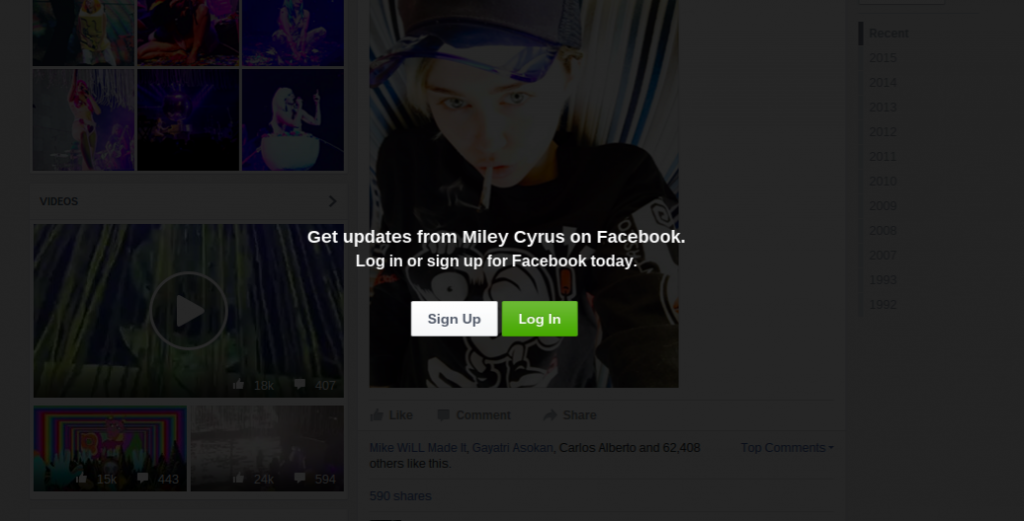
That’s the screen that sometimes greets a non-logged-in visitor to your Facebook music page. But wait! Before they even get to see that nice blacked-out window to your web presence, visitors get to prove to Facebook that they are human beings.
Facebook, simply, doesn’t have an interest in being your website. They have an interest in getting people signed-up to their service (and staying signed-in). You are simply grist for their mill. Unfortunately, that’s the model of most social media platforms.
Social Media is not a web presence
Facebook can be a good resource for your band (although I really caution against spending too much energy promoting through Facebook) but it can’t be your only presence. Facebook is still a “walled garden.” It discriminates against non-users.
And while Twitter is an awesome stream of updates for its users, for someone without an account, it’s a confusing mess. Though someone might visit your Twitter profile, it’s likely that the list of your tweets won’t make much sense to them. Instagram too is a great way to connect and engage with fans but since they don’t allow links in image descriptions, it’s hard to get anyone off Instagram. (Still, a good place to show videos with music and post upcoming shows.)
Tumblr and Snapchat, too, are tools for communication but not a web presence in and of themselves. The same goes for which is largely a social media tool which allows you to host music (though not much) for free to embed elsewhere. None of these is a website presence of your very own.
What you need is a website that can be visited and interacted with by anyone in the world. Your social media accounts are news for fans. Your website is where anyone can listen to your music, find out when and where you’re playing next, and maybe get to know you a little better (But don’t spend too much time on that bio section. Your music says more than your prose.).
You’ve got options
Perhaps the easiest way to differentiate your own website versus a social media outlet is with the question: can I use my own domain name? The following suggestions all allow you to use your own domain name and make a website that is truly yours.
If you’ve got the time and cash to set it up (and if you’re serious about your music and your presence, you will make the time and save the cash), Squarespace offers totally stand-alone sites for musicians. They have music players or you can embed a SoundCloud or Bandcamp player . At only $96 per year Squarespace costs less than getting your guitar set up. (Good Kabbalah Monster, you’re using a pro for instrument set ups too, aren’t you?)
Bandzoogle specializes in building websites for bands and musicians. They charge slightly more than Squarespace so you’ll have to investigate to see if their features work better for you. ReverbNation offers websites for bands as part of their social network for musicians. They have always had musicians’ interest in mind but their website offering is a little more opaque than those of Squarespace and Bandzoogle.
One of the few merchandising solutions that gives musicians a well-rounded presence
Bear in mind that limiting your music to your own website limits your audience. You should have your catalog in one place but you should consider meeting your audience where they already are by distributing your music through different channels. Just don’t mistake a channel for a web presence.
Choosing the right one
It’s easy to go from looking at the amateurish options (Facebook) to being overwhelmed by the number of choices you have. But if you follow two overarching rules, you’ll get a good site:
1) Don’t make it suck. DesignShack has some great reasons that band websites suck.
2) Make sure anyone can use it.
Remember that most people visit the web on a mobile device, so make sure your choice for a website is “responsive” or “mobile-optimized.” Just like your music, you are responsible for your web presence. With the plethora of choices on the web, you don’t need to feel trapped into spending a lot of time crafting and curating the perfect site. (In fact, I’d recommend against a self-hosted WordPress site for the very reason that you’ll soon find yourself spending more time administering it than playing music.) But you need to make sure that your website follows the basic advice laid out here. If you want your music to be heard by as many people as possible, start with making sure your website is accessible by anyone in the world.
PS — In case it needs to be said, MySpace isn’t a good website for your band either. They music player inserts advertisements (sometimes longer than a minute!) that are unskippable. You need a solution that succeeds when you succeed, not one that profits from your content.
###





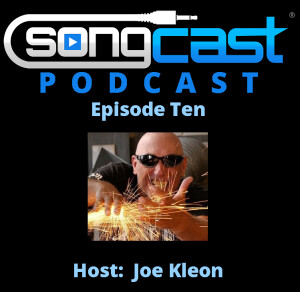






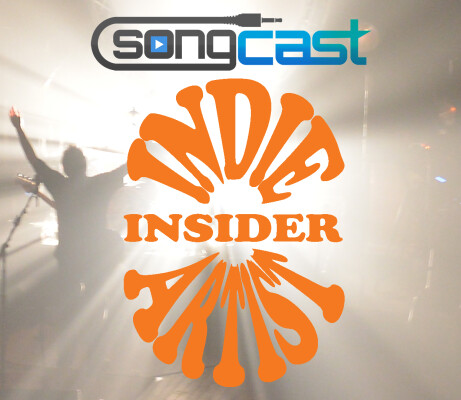






























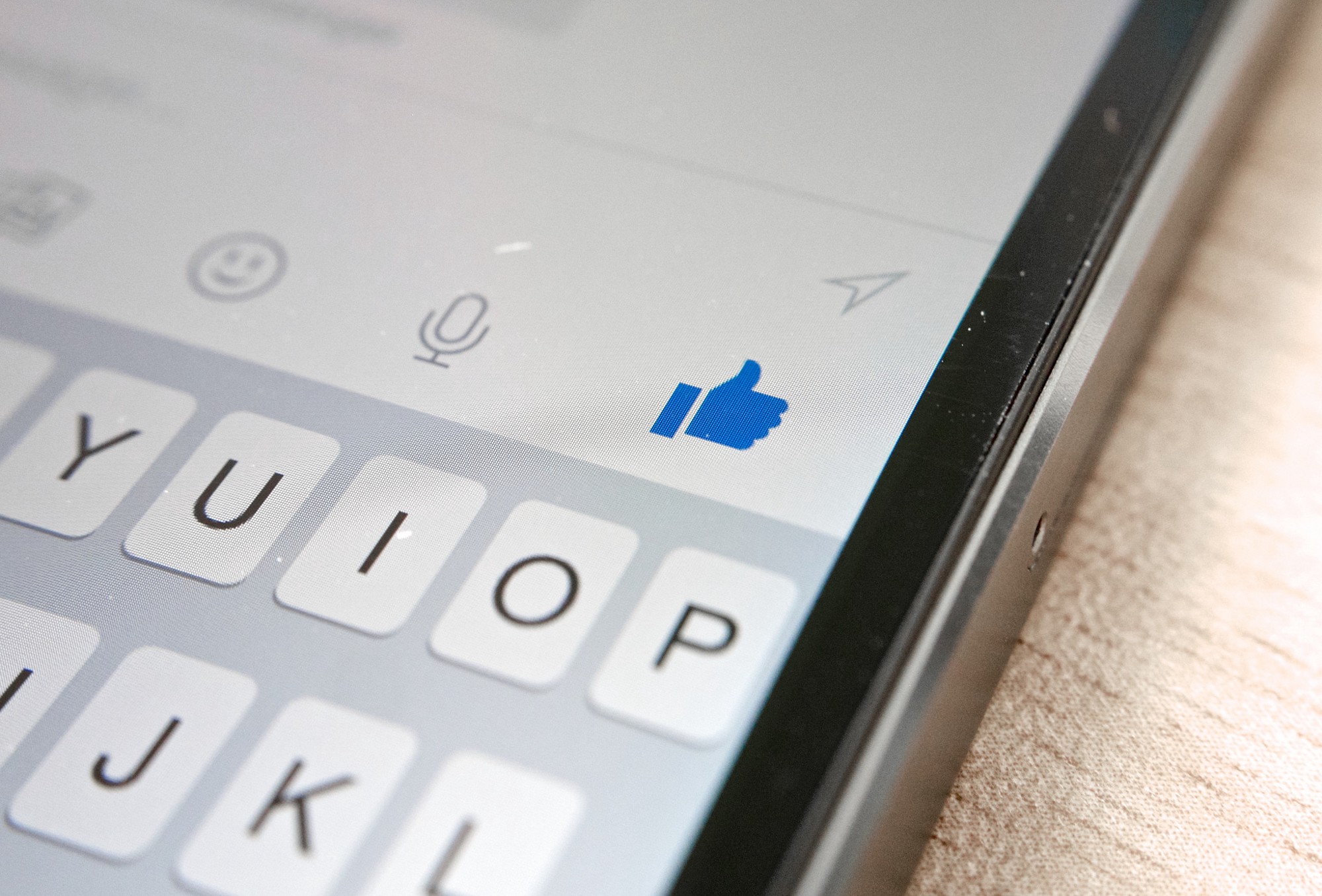
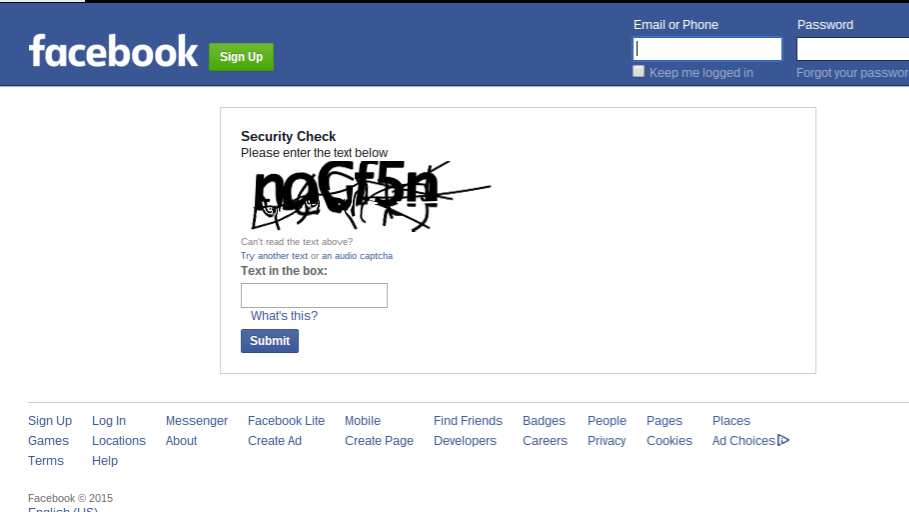

Comments
No comment